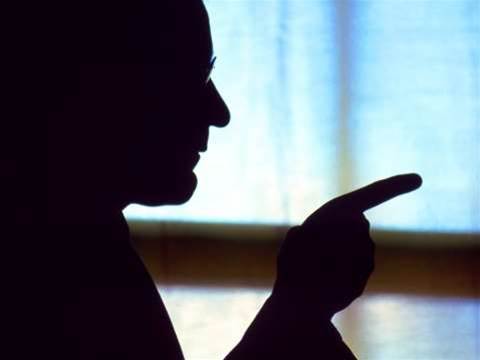Copyright owners may have celebrated too soon a series of steps laid out by judges in the iiTrial appeal that could force ISPs to address piracy allegations, according to Baker & McKenzie special counsel Anne Flahvin.

The appeal judgment in the case between ISP iiNet and the Australian Federation Against Copyright Theft (AFACT) found that disconnecting customers accused of internet piracy was a "reasonable step" if the film industry improved the notification it provided to ISPs, and funded ISPs to vet the data.
AFACT lauded the findings as "paving the way for ISPs to be held accountable for online infringements".
While agreeing the Federal Court had provided “some kind of roadmap” for copyright owners to make an ISP liable for an infringement, Flahvin questioned how useful that roadmap would be.
Addressing the Australian Digital Alliance’s Righting the Copyright Imbalance policy forum, Flahvin said that the evidentiary requirements were far higher and more complex than AFACT had made out.
The Court required rights holders to provide iiNet and other ISPs with “unequivocal and cogent evidence” of the primary acts of infringement - "a very high bar", according to Flahvin.
"The mere assertion of infringement with whatever particulars was not enough," she said.
The film studios' appeal failed because the notices provided to iiNet did not provide sufficient information to trigger an obligation to take any action to stop the infringements, the Court found.
The Court also suggested it would be necessary for movie owners to reimburse the ISP for the reasonable costs incurred to verify the information; to establish and maintain a regime to monitor for infringements; and to indemnify ISPs from any liability they might face as a result of wrongfully terminating the connections of their customers.
“That goes further than the Safe Harbour regime. It’s a very high burden,” Flahvin said.
“I can’t imagine that copyright owners are going to be terribly excited [about] being required to fully fund the searching and administrative steps that would be necessary in order to verify the allegations of infringement that they have made.”
While copyright owners had an important judgment that ISPs, under certain circumstances, did provide the means to infringe, the real focus was on whether ISPs had taken reasonable steps to prevent that infringement occuring.
“What the Court says is that it depends on the facts, the nature and quality of the information provided," Flahvin said.
She doubted movie companies would be satisfied with that outcome and tipped an appeal to the High Court before the deadline of 23 March.
Termination concerns
Australian Digital Alliance board member Kim Weatherall commented that the proportionality of terminating access could also be the next major issue for both ISPs and copyright owners.
“At the time [Safe Harbour} provisions were being first drafted in 1997 in the US, no one was thinking of termination of internet service or that internet service would be the thing that it is now – basically the lifeline to the world,” Weatherall said.
Tom Cochrane, Deputy Vice Chancellor of Technology, Information and Learning Support at QUT noted the issue posed complexities for educational institutions if they were granted safe harbour protections.
“The penalty of withdrawal of terminating internet access to an individual in a university environment would be similar to expelling the student or dismissing a staff member. The world is so connected by that means,” Cochrane said.


.png&h=140&w=231&c=1&s=0)
_(33).jpg&h=140&w=231&c=1&s=0)
_(20).jpg&h=140&w=231&c=1&s=0)






 iTnews Executive Retreat - Security Leaders Edition
iTnews Executive Retreat - Security Leaders Edition
 iTnews Cloud Covered Breakfast Summit
iTnews Cloud Covered Breakfast Summit
 The 2026 iAwards
The 2026 iAwards











_(1).jpg&h=140&w=231&c=1&s=0)



